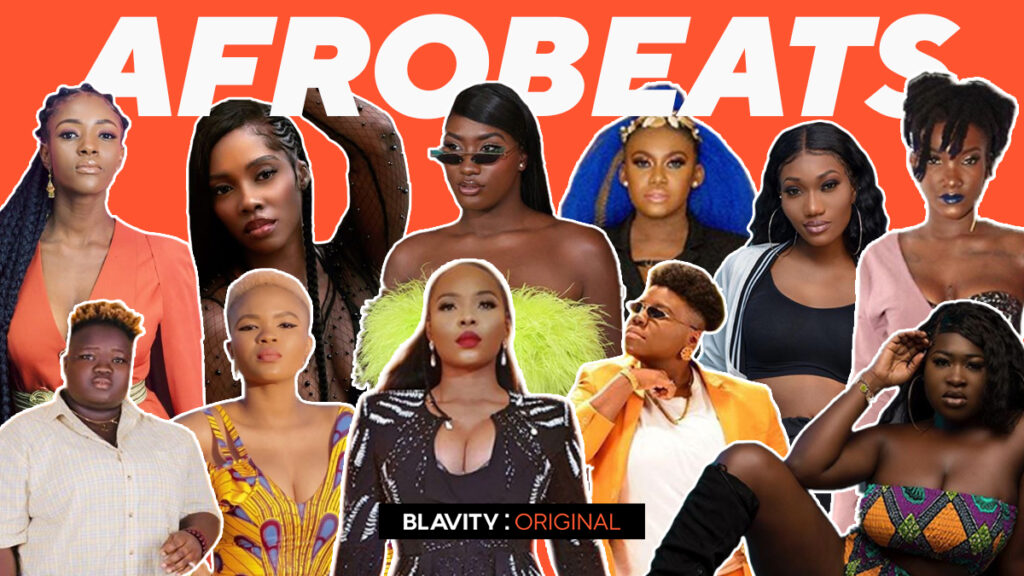Women Take Center Stage on Spotify
2024 was a year of groundbreaking music, and Spotify was at the heart of it all. From Afrobeats to Amapiano, Sub-Saharan Africa’s vibrant music scene exploded onto the global stage, with women artists leading the charge.
Female Powerhouses Dominate Spotify Charts
Nigerian sensation Arya Starr, the Grammy-nominated queen of soulful Afropop and R&B.She reigned supreme as the most-streamed female artist in Nigeria, Ghana Her album, The Year I Turned 21, and her electrifying performances captivated audiences worldwide.
Ghanaian songstress Gyakie secured the fourth spot on her home country’s Spotify charts, while Tems, the international sensation, claimed the second spot in Nigeria and Ghana, and the fourth in Kenya.
Spotify’s EQUAL Initiative: Amplifying Female Voices
Spotify’s EQUAL initiative, a global program dedicated to empowering women in music, played a crucial role in amplifying the voices of these talented artists. By providing global and local playlisting opportunities, as well as off-platform promotion, EQUAL has supported over 200 female ambassadors in the past four years.
African Women Conquering the World
African women artists were instrumental in propelling Afrobeats to global fame in 2024. Tems, the multi-award-winning artist, collaborated with international superstars like Rihanna and Beyoncé. She performed at prestigious events like the North Sea Jazz Festival. Her hit song, “Love Me Jeje,” even ranked No. 20 on Rolling Stone’s Top 100 Songs of 2024.
Popiano queen Tyla made waves with her award-winning album, TYLA. It topped charts in numerous countries, including Rwanda, Saint Lucia, Samoa, Tanzania, Uganda, Barbados, and Jamaica.
From Tems’ millions of streams in Tokyo to Ayra Starr’s global success. African women are breaking barriers and inspiring millions of fans on Spotify.
As Spotify continues to celebrate the achievements of African women artists. It recognizes the ongoing need to increase representation of these powerful creators on top charts. By amplifying their voices and providing them with the tools and resources they need to succeed. They can create a more equitable and inclusive music industry.

